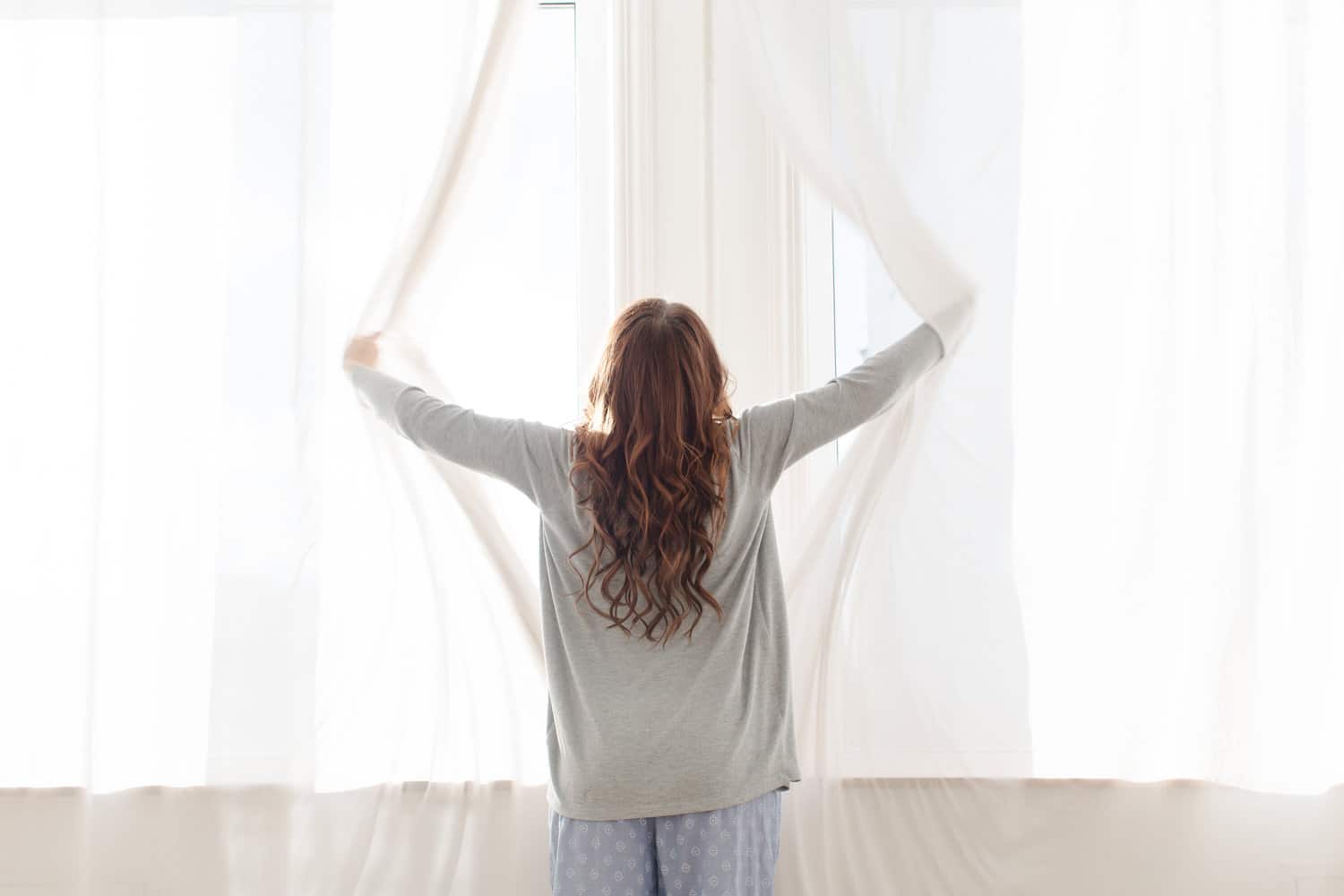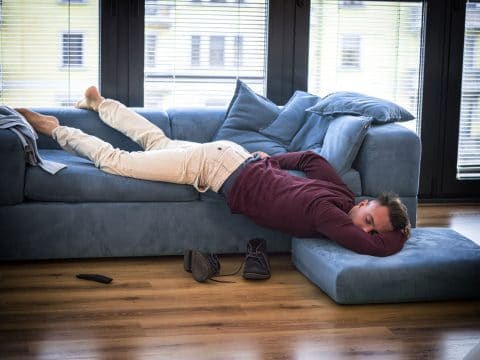- Your cart is empty
- Continue Shopping
Creating the Perfect Sleep Cycle

By now, most of us have heard how important sleep is to our overall health. Both the quantity and quality of sleep impact brain function, emotional health, physical well-being, and productivity.
To function at a high level when you’re awake, you need enough of both rapid eye movement (REM) sleep and non-REM sleep. Non-REM sleep is often referred to as deep sleep, during which the body repairs and regrows tissues, builds bone and muscle, and strengthens the immune system. During REM sleep, your brain is more active, and REM sleep is where you’d typically experience dreams. Non-REM and REM sleep usually occur in a pattern of 3–5 cycles each night.
How much sleep do I really need?
The amount of sleep you need varies according to your age, but most adults should be getting 7-9 hours of sleep per night. If you feel exhausted at the end of the week, or if you’re trying to catch up on sleep over the weekend, it’s a sign you aren’t regularly getting enough sleep at night. And even though extra sleep on days off, or the occasional nap, might help you feel better, it can also disrupt your body’s sleep–wake cycle or circadian rhythm.
How can I get back to a healthy sleep cycle?
If you aren’t going to sleep and waking up at regular times every day, it’s pretty easy to get off of your sleep cycle and get into a state of sleep deficiency or deprivation. The good news is that you can re-tune your sleep habits and get into a better sleep routine. Try these tips to get back on track:
1. Go to sleep and wake up at approximately the same time each day, if possible. For shift workers, this is difficult to do. But if you’ve gotten off your schedule because of travel across time zones or staying up late for a period of time, you can slowly start moving yourself back to your original bedtime.
2. Set up a routine at night that helps you wind down.
Do things that help you relax and get prepared for bed. Try reading, meditation, or deep breathing. You can also help your body prepare for sleep by darkening your room and dropping the ambient temperature. Stay away from screens, and turn off the ringer on your phone.
3. Use light to your advantage
In the morning, open the curtains and let the light in! Use bright lights at work and try to get outside during the day.
4. Get out there and exercise
Exercise — or at least move your body — during the day. That could be as simple as going for a walk around the block at lunch. Find a time that works for you and try to stick with it.
5. Try to avoid napping.
Adults should try to avoid naps or limit them to 20 minutes. If you nap, make sure that you do it well before bedtime so you’re still tired when it’s time to hit the hay.
Setting up a healthy sleep cycle is crucial to your well-being. If you need tips on how to find the right mattress for your best sleep yet, visit the sleep experts at Mattress Man. We’re happy to help you get back on track.





